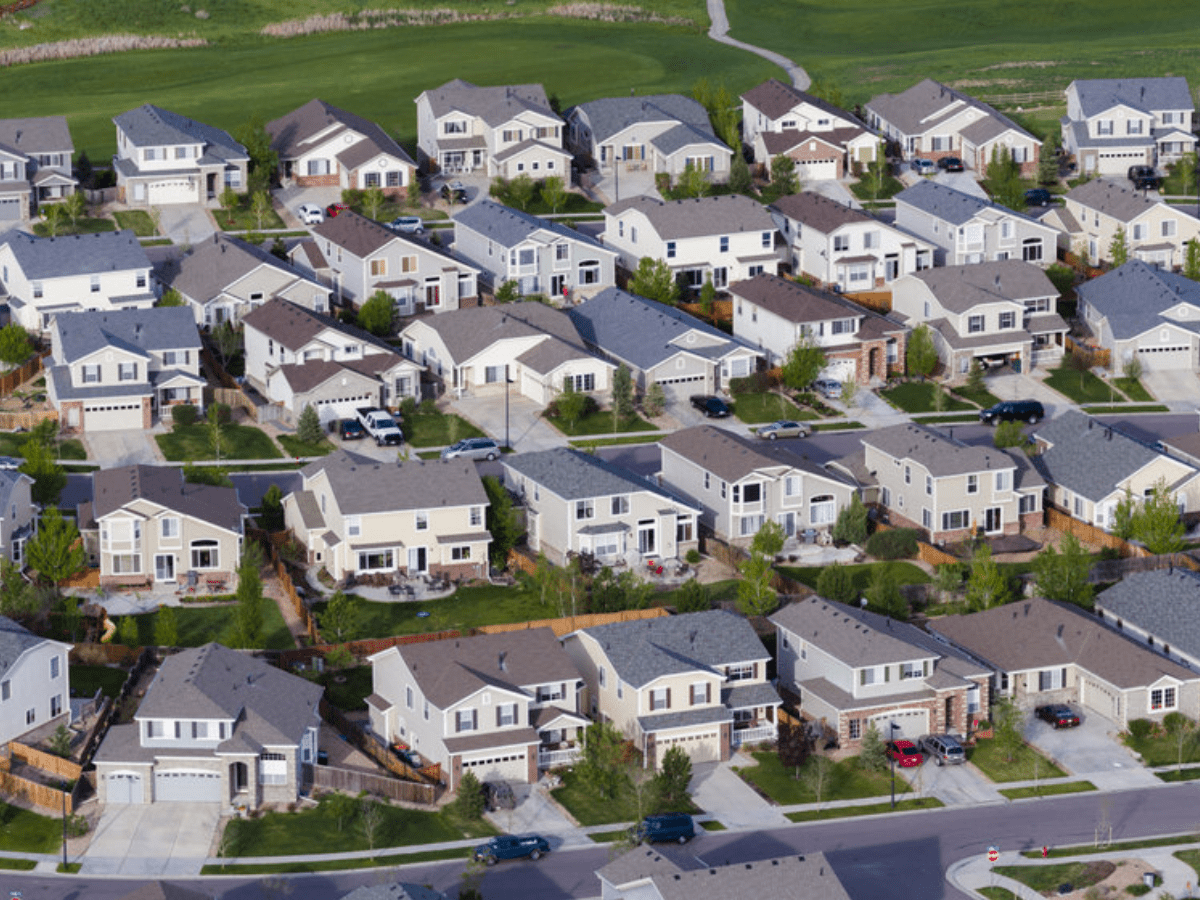
Home Sellers Are Pricing Too High, And It’s Costing Them
The housing market has changed, but many sellers haven’t gotten the memo.
Notwithstanding clear signs buyers are gaining the upper hand, a stubborn number of homeowners are clinging to sky-high price expectations, only to watch their listings sit untouched for months. Experts warn sellers who refuse to “listen to the market” are up for disappointment, price cuts and even failed sales.
Nationally, the share of home listings with price cuts hit a multiyear high in April, according to Realtor.com® data. Nearly every state has seen an uptick in cuts compared with last year; the South and West are seeing the biggest corrections.
Yet seller confidence is unshaken. A March survey by Realtor.com found 81% of prospective sellers believe they’ll get their asking price, or higher.
“The rising share of price reductions suggests that a lot of sellers are anchored to prices that aren’t realistic in today’s housing market,” says Danielle Hale, Realtor.com’s chief economist. “Today’s sellers would be wise to listen to the feedback they’re getting.”
The disconnect is more common among homeowners who bought during the pandemic-era frenzy, when bidding wars and record-high prices were the norm. Many still expect that same energy, even though mortgage rates near 7% and roaring inventory have cooled demand.
But even if sellers adjust their expectations, most will still walk away with strong profits. Home values surged so much in recent years that sellers can price competitively and still make a killing.
“Even after setting a more grounded price, they are likely to walk away from a sale with good money in their pocket,” Hale notes.
The Pitfalls of Wishful Thinking
For sellers used to the breakneck appreciation of 2020-2022, today’s slower market can be a tough pill to swallow. But overpricing based on emotion—not data—is a recipe for disaster, says Toni Zarghami, a Florida-based listing specialist.
She frequently encounters sellers who believe minor upgrades like fresh paint, new light fixtures justify a big premium. “They very much think their property is better than everyone else’s,” Zarghami says. “On HGTV, when you landscape and paint, you just added 20 grand to your list, right? But that’s not how our market works.”
In today’s climate, cosmetic updates might help a home sell faster, but they rarely boost the final sale price. True value-adds like a pool or waterfront location are what move the needle.
Zarghami refuses to work with sellers who won’t budge on unrealistic pricing. “Selling a house is like running a marathon,” she says. “If you price too high, you let every other runner get 20 miles ahead before you even start. It’s almost impossible to catch up.”
The Danger of a ‘Stale’ Listing
Homes that linger too long develop a stigma. Buyers assume something’s wrong, even if the only issue was an inflated price tag.
Nationally, the typical home spent 50 days on the market in April, four days longer than last year and the highest median for April since 2020.
“If you overprice, your home will sit, get stale, and then you’ll be chasing the market down,” says Brian Stephens, a Florida real estate agent. “In some cases, if sellers are just being unrealistic, I walk away.”
On Reddit’s real estate forums, frustrated sellers are sharing hard-learned lessons. “I’m a seller who overpriced my home and learned the hard way,” one user wrote after getting zero offers since October. “It’s fully remodeled, but I priced it $100K above breakeven. Now I’m stuck.” Another lamented a spouse who ignored three agents’ pricing advice, insisting their home was worth 25% more. “I’m exasperated,” the post read. “I can’t talk sense into my husband.”
The market has changed. Sellers who adapt—pricing smartly from the start—will close deals faster and with less stress. Those who don’t will likely end up slashing prices anyway, after weeks (or months) of frustration.
As Zarghami says: “You can’t fight the market. And right now, the market is talking. The question is: Are you listening?”



